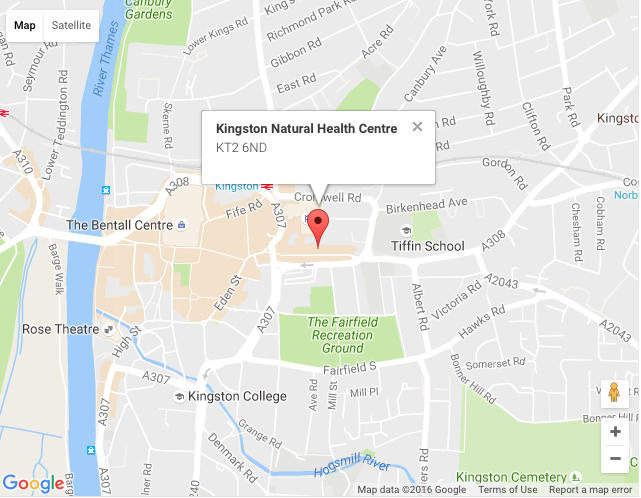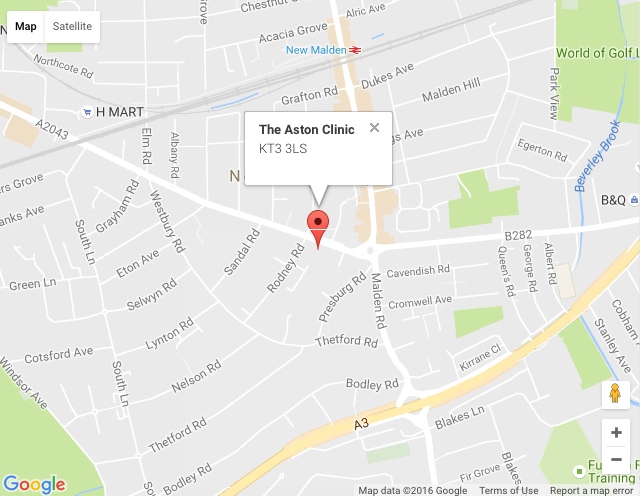The Relaxed Mind Approach
Find out about the kinds of therapy I offer and what to expect
Cognitive behavioural therapy (CBT), hypnotherapy, and mindfulness, tailored to fit you and your life.
Therapy designed around you, teaching you skills to help yourself
I use an evidence-based combination of cognitive behavioural therapy (CBT), hypnotherapy and mindfulness to help you break free from anxiety, stress and worry.
quick and effective
I use evidence-based cognitive behavioural therapy (CBT) to help you overcome your anxiety, worry or stress
Teaching you to help yourself
My goal is to help you develop the tools to help yourself - not become tied into a long-term therapy programme
collaborative
I work with you to develop a treatment plan that works for you and your lifestyle
evidence-based
My approach incorporates techniques based on the latest scientific evidence
Confidential, ethical & professional
I am accredited by the British Association for Behavioural and Cognitive Psychotherapies (BABCP) and General Hypnotherapy Register (GHR), am a member of the Complementary and Natural Healthcare Council (CNHC), and am bound by their Codes of Ethics
Free initial consultation
Finding someone you feel comfortable working with is the most important thing. Please contact me for a free, no strings 15 minute phone consultation to find out how I can help or, if you prefer, send me a message
A unique combination of cognitive behavioural therapy (CBT), hypnotherapy and mindfulness
Cognitive Behavioural Therapy (CBT)
Cognitive behavioural therapy, or CBT, is a form of talking therapy which helps you identify negative patterns of thinking, feeling and behaving and replace them with more helpful ones. The focus is on dealing with your problems in the here and now rather than analysing the past, which helps to make treatment faster.
The National Institute for Health and Care Excellence (NICE) and the NHS recommend CBT in the treatment of anxiety and depression, and there is also strong evidence that CBT can help with many other conditions such as panic attacks, phobias, sleep problems and stress-related conditions.
CBT, you and I work as a team. You are the expert in you, so you and I work together to try to understand the thoughts, feelings and behaviours that are causing your problems. I like to think of CBT as skills training – the idea is that you learn the skills to help yourself. Because of this, CBT tends to involve fewer sessions than many other forms of counselling.
We'll identify your goals for therapy, and agree a treatment plan based on what we discover is holding you back. We’ll use a mixture of discussion, structured questions, imagery-based techniques (such as imagining trying out new coping skills), and real-life experiments to help you develop and try out new skills. Some examples of skills we might cover could include relaxation skills, learning to spot and evaluate unhelpful thinking patterns, or mindfulness skills. We’ll agree things you feel comfortable trying in between our sessions (perhaps keeping a thought diary, or trying a relaxation exercise). We’ll always discuss what you’re finding most helpful and why, so that we can do more of the things you find most useful.
We’ll track progress towards your goals, and you’ll develop a plan to help you maintain and continue your progress.
Where relevant, I combine CBT with hypnosis and/or mindfulness. I do this when the evidence suggests this is likely to be helpful, or if you have a strong preference for these approaches. I'm always happy to discuss this with you.
Hypnosis
Hypnosis is proven to help with a wide range of issues. Research shows it is particularly helpful for dealing with anxiety management, pain management, sleep problems, stress-related issues and breaking habits.
In hypnosis, use your imagination to evoke positive emotions and mentally rehearse new ways of thinking or behaving. It’s a bit like becoming engrossed in a film or a book, and it’s usually very relaxing. By relaxing, thinking positively and picturing your goals, hypnosis can help you change how you think, feel and behave.
You are always in charge – you will remember everything that happens and cannot be made to do anything you don’t want to do. Please forget anything you may have seen in comedy TV or stage hypnosis – clinical hypnotherapy is completely different!
Most importantly, hypnosis is a skill which you can learn to do by yourself, for yourself. I will help you at first, and then provide you with the tools and techniques to try for yourself at home.
I always combine hypnosis with evidence-based CBT principles. Research suggests that hypnosis, in combination with CBT, can be more effective and quicker than CBT alone for some conditions (Kirsch et al., 1995).
Mindfulness
Mindfulness is about paying more attention to the present and being more aware of what's going on around you, and inside your body, from moment to moment.
It's a useful skill because it helps you to recognise when your attention becomes focussed on unhelpful thoughts, for example worrying about something that might happen in the future. By practising mindfulness, you can learn to recognise when this happens, and choose when to pay attention to your thoughts and when it's more helpful to let them go.
It's increasingly recognised by many, including the NHS, that mindfulness can help improve our mental wellbeing. Mindfulness can form part of a treatment plan in combination with CBT and/ or hypnotherapy depending on your goals.
What to expect
Free initial consultation (phone or Zoom) - up to 15 mins
This is a chance for us to talk about whether cognitive behavioural therapy or hypnotherapy might be right for you, and for you to get a feel for whether you would like to work with me.
We can also discuss whether you'd prefer face-to-face or online sessions, or perhaps even a mix.
At the end of our call, I may ask you to complete a short pre-consultation questionnaire and might even suggest that you keep a diary or log to help us both understand more about what's going on. This will allow us to move more quickly in the first session.
Initial consultation (90 minutes)
The main aim of the initial consultation is for us to get to know one another, understand what's going on, agree your goals and design a treatment plan. Sometimes the first meeting involves hypnosis, but the main focus is on clarifying your expectations and coming up with a plan of action. It is well worth taking this time to establish realistic, meaningful and achievable goals.
As well as being my chance to get to know you, this is also your chance to get to know me and to see whether you feel comfortable working with me - our relationship is a really important part of therapy.
I will probably ask you a lot of questions to understand what's going on. This is also a chance for you to ask questions and find out more about me and my approach. Everyone is different so it's incredibly important you fully understand how therapy works and that I understand what you want to achieve.
During the last part of the consultation, we will discuss treatment options and work together to agree an effective therapy plan that is tailored to your goals and lifestyle.
Therapy sessions (60 or 75 minutes)
During the initial consultation, we'll discuss and agree a preliminary therapy plan and I'll recommend a certain number of sessions which I believe will help you achieve your goals. Everyone is different, and your therapy plan will be designed with you and your goals in mind.
For some people, therapy is very quick and involves only one session. Other people may need more sessions to achieve the results they want. As a rough guide, the average therapy plan involves 5-12 sessions, including the initial consultation.
I highly recommend weekly sessions, but I appreciate that sometimes this can be difficult. We will design a plan that fits you and your life. I may also give you some tasks to do in between sessions. This will help therapy move much faster.
You can choose between 60 or 75 minute sessions - some people prefer slightly longer sessions as it allows us to cover more.
Throughout therapy, we will review to see how things are going and if there is anything we need to change in our plan. My aim is that you quickly develop the skills and tools you need to help yourself in the long term.
For more information, please see How I Can Help and Frequently Asked Questions, or contact me.
Ending therapy and continuing your progress
My aim is for you to leave therapy with the skills to help you maintain and continue your progress.
Towards the end of therapy, we'll spend time discussing the techniques we have found useful. You'll come away with your own "Continuing Progress" plan so you feel ready to deal with life's inevitable challenges.
Confidentiality
My services are completely confidential*, which means I will never share anything you have discussed with another party, unless you give me express permission to do so.
I’m a member of the British Association for Behavioural and Cognitive Psychotherapies (BABCP), General Hypnotherapy Register (GHR) and Complementary and Natural Healthcare Council (CNHC), which means I am bound by their stringent Codes of Ethics.
(*with a few legal exceptions, mainly relating to risk of harm).




I focus on helping you deal with the here and how, rather than issues from the past. I will discuss your goals with you so that we can come up with a plan together to get the best results in the fastest time. My aim is to teach you tools and techniques so that you can help yourself and become your own therapist.
Clinic Locations
I run clinics in Kingston and New Malden. Please contact me for more on times and availability.
Kingston: Kingston Natural Health Centre
New Malden: The Aston Clinic


Find out more or book a free 15 minute consultation
Call me for a chat, email me at mimi@relaxedmindtherapy.co.uk or get in touch using the form below.
